On July 7, Dr. Ta Quoc Hung, Department of Dermatology - Cosmetic Dermatology, University of Medicine and Pharmacy Hospital, Ho Chi Minh City, said that the patient suffered from severe contact dermatitis due to the toxin of the three-banded ant. The patient said that this was the fourth time he was stung by the three-banded ant, and also the most severe time, with burns all over his body.
The doctor cleaned the wound, treated the infection, and restored the skin. The patient avoided scratching, scratching, or applying strong pressure to the damaged skin area to avoid infection. After nearly a week of treatment, the wound was less swollen and gradually healed.
The red-banded ant lives mainly in humid environments, thrives in the rainy season and prefers night light such as rice fields, gardens, landfills, and construction sites. The red-banded ant's toxin is very strong, 12-15 times stronger than cobra venom, but the amount of contact is small and only on the skin, so it is not enough to kill people like snake venom.
Doctors recommend distinguishing between skin inflammation caused by ants and herpes zoster, and not treating it at home. Lesions caused by ants are red, patchy, streaky, with a slightly raised base, with tiny blisters or pustules in the middle, and a slightly concave area of yellow-brown color, round or oval. Initial signs are itching, burning, and sometimes pain. The progression of the infection lasts from one to three weeks, depending on the amount of toxins on the skin.
People with shingles often have a low fever of about 38 degrees, headache, fatigue, back pain, and pain along the nerves in the skin area where the lesions are about to appear. Then, blisters appear on the skin, often linked together (clustered), and the older you get, the more pain you experience.
To avoid insect bites, you should clean the environment, clear bushes and grass, shake towels and clothes before use. When working in the fields, especially during the rainy season, you need protective gear such as long-sleeved clothes, hats, masks, and boots.
If you encounter ants, do not rub them but wrap them in paper and throw them away. Skin areas that come into contact with ants should be washed immediately with soap and water. Clothes, masks, and bed sheets that come into contact with ants should be washed thoroughly. Windows and doors in offices and bedrooms should be closed at night.
Minh An
Source link




![[Photo] General Secretary To Lam receives US Ambassador to Vietnam Marc Knapper](https://vphoto.vietnam.vn/thumb/1200x675/vietnam/resource/IMAGE/2025/9/29/c8fd0761aa184da7814aee57d87c49b3)
![[Photo] General Secretary To Lam attends the ceremony to celebrate the 80th anniversary of the post and telecommunications sector and the 66th anniversary of the science and technology sector.](https://vphoto.vietnam.vn/thumb/1200x675/vietnam/resource/IMAGE/2025/9/29/8e86b39b8fe44121a2b14a031f4cef46)
![[Photo] Many streets in Hanoi were flooded due to the effects of storm Bualoi](https://vphoto.vietnam.vn/thumb/1200x675/vietnam/resource/IMAGE/2025/9/29/18b658aa0fa2495c927ade4bbe0096df)
![[Photo] National Assembly Chairman Tran Thanh Man chairs the 8th Conference of full-time National Assembly deputies](https://vphoto.vietnam.vn/thumb/1200x675/vietnam/resource/IMAGE/2025/9/29/2c21459bc38d44ffaacd679ab9a0477c)
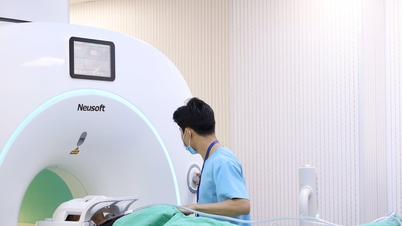










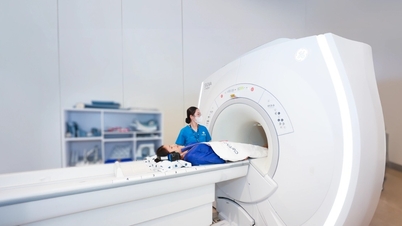







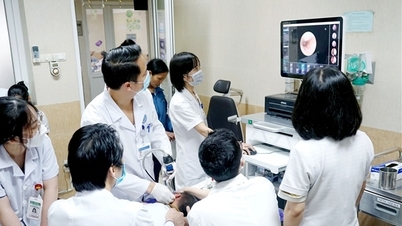


























































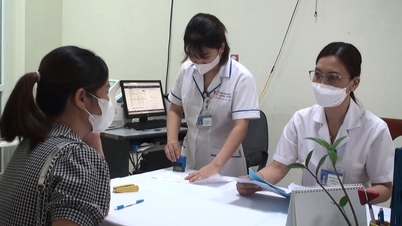


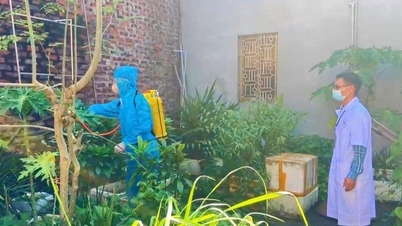













Comment (0)